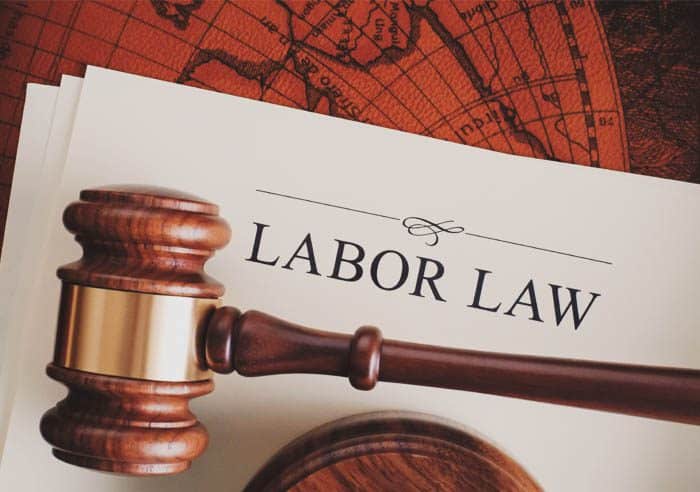Understanding labour laws in Pakistan’s as an employee or employer can feel like navigating a complex maze.
From minimum wages and working hours to leave policies and termination procedures, the legal landscape can seem daunting. But fret not! This guide provides a clear overview of key labour laws in Pakistan, empowering you to make informed decisions and safeguard your rights.
Minimum Wage & Working Hours: Pakistan’s minimum wage varies by province and industry, with regular updates to consider inflation. Standard working hours are 48 per week, with overtime regulations in place. Rest periods, weekly holidays, and annual leave entitlements are also clearly defined.
Contracts & Termination: Employment contracts, while not mandatory, are highly recommended for both parties’ protection. The law outlines specific reasons and procedures for termination, ensuring fairness and due process.
Social Security & Benefits: Social security contributions are mandatory for most employees, providing benefits like pensions, maternity leave, and disability coverage. Additionally, laws mandate specific requirements for gratuity payments, provident funds, and health insurance in certain sectors.
Child Labour & Discrimination: Pakistan vehemently prohibits child labour in any form. The law also protects employees from discrimination based on factors like gender, religion, or disability.
Unionization & Industrial Disputes: Workers have the right to form and join trade unions, facilitating collective bargaining and addressing workplace grievances. A well-defined dispute resolution mechanism exists to handle industrial conflicts through conciliation and adjudication.
Staying Informed & Seeking Help: The Ministry of Labour & Manpower website offers valuable resources and updates on labour laws. Additionally, seeking legal advice from a qualified professional is crucial for navigating complex situations or enforcing your rights.
Remember, knowledge is power! By understanding labour laws in Pakistan, you can ensure a fair and legal work environment, whether you’re an employee seeking your rightful benefits or an employer aiming for compliance and ethical practices.
Disclaimer: This content is for informational purposes only and does not constitute legal advice. Please consult with us for specific guidance and representation.




